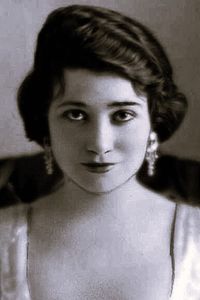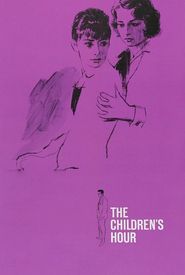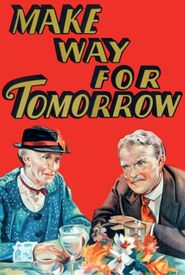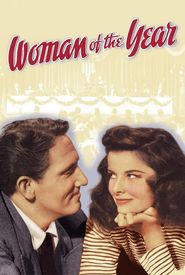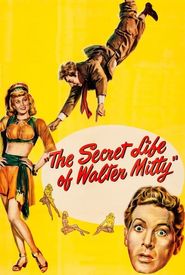Fay Bainter's illustrious career in the performing arts commenced as a child performer in 1898. She spent some time as a member of the traveling cast of the Morosco Stock Company in Los Angeles, honing her craft before making her Broadway debut in 1912 with a role in 'The Rose of Panama'. Although this initial attempt and her subsequent appearance in 'The Bridal Path' in 1913 were met with failure, she persisted in her pursuit of success, eventually forming a partnership with renowned producer David Belasco.
Bainter's breakthrough performance came in 1918-1920 as Ming Toy in 'East is West' at the Astor Theatre, solidifying her status as a major theatrical star. She continued to impress audiences with her versatility, effortlessly transitioning between comedy and melodrama in productions such as 'The Enemy' (1925-26) and 'Dodsworth' (1934-35),opposite her husband Sam and Walter Huston.
At the age of 41, Bainter made her foray into motion pictures with a role in 'This Side of Heaven' (1934),co-starring alongside Lionel Barrymore. This marked the beginning of a long and distinguished career in Hollywood, during which she would play a wide range of roles, often portraying thoughtful, understanding wives, aunts, and mothers.
Physically, Bainter was characterized by her stocky build, expressive eyes, and warm, slightly smoky voice. While she rarely took on unsympathetic or hard-boiled characters, her Oscar-nominated performance as a dowager in 'The Children's Hour' (1961) stands as a notable exception.
Throughout her career, Bainter's name consistently appeared high on the list of credits, with critics praising her sterling performances in productions such as 'Make Way for Tomorrow' (1937) and 'Quality Street' (1937),as well as her iconic portrayal of Katharine Hepburn's excitable spinster sister.
Bainter's most notable film achievement came when she won the Academy Award for Best Supporting Actress for her role as Aunt Belle in 'Jezebel' (1938),opposite Bette Davis. Additionally, she received a nomination for Best Actress for her performance as Hannah Parmalee in 'White Banners' (1938),although she ultimately lost to Davis.
The 1940s saw Bainter enhance numerous films with her presence, including 'Mrs. Wiggs of the Cabbage Patch' (1942),'Dark Waters' (1944),and 'The Secret Life of Walter Mitty' (1947). As the 1950s arrived, she began to alternate between stage and television acting, with her final notable role being that of Mary Tyrone in Eugene O'Neill's 'Long Day's Journey into Night' on tour with the National Company in 1958.
